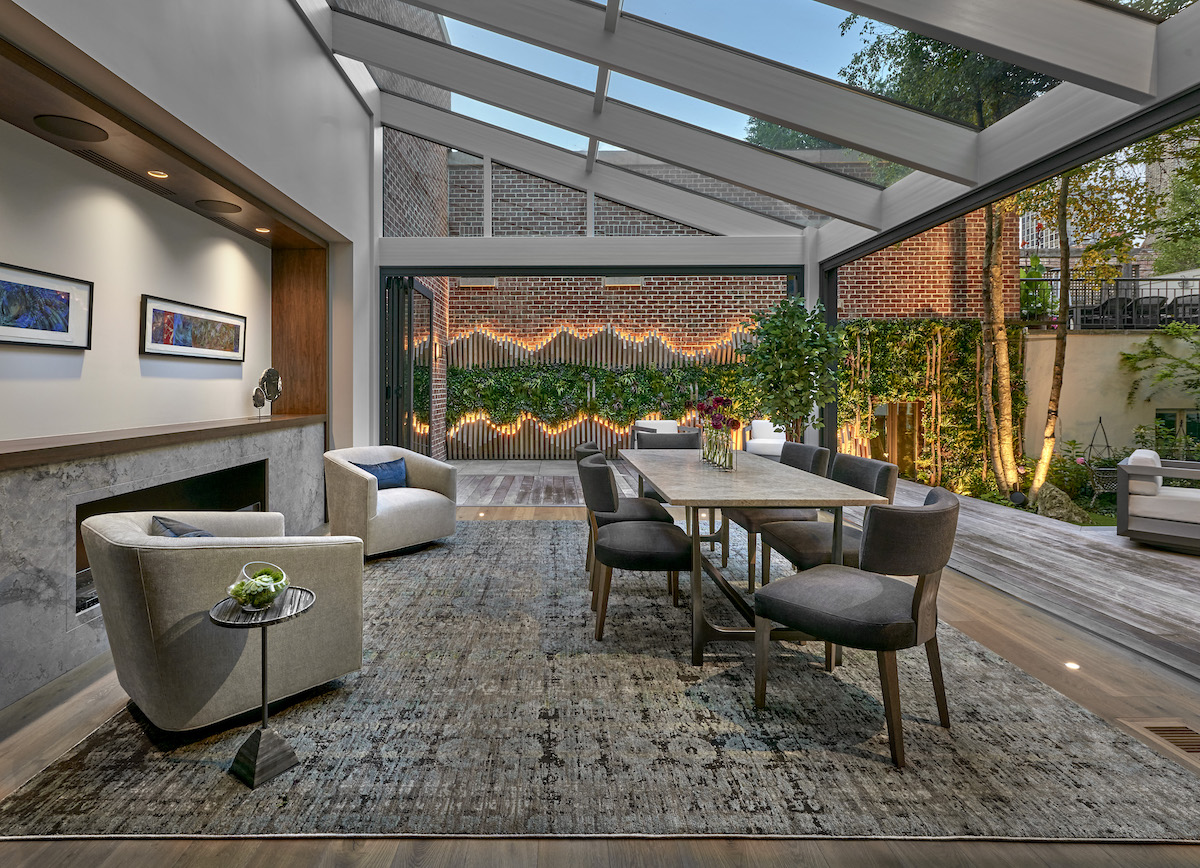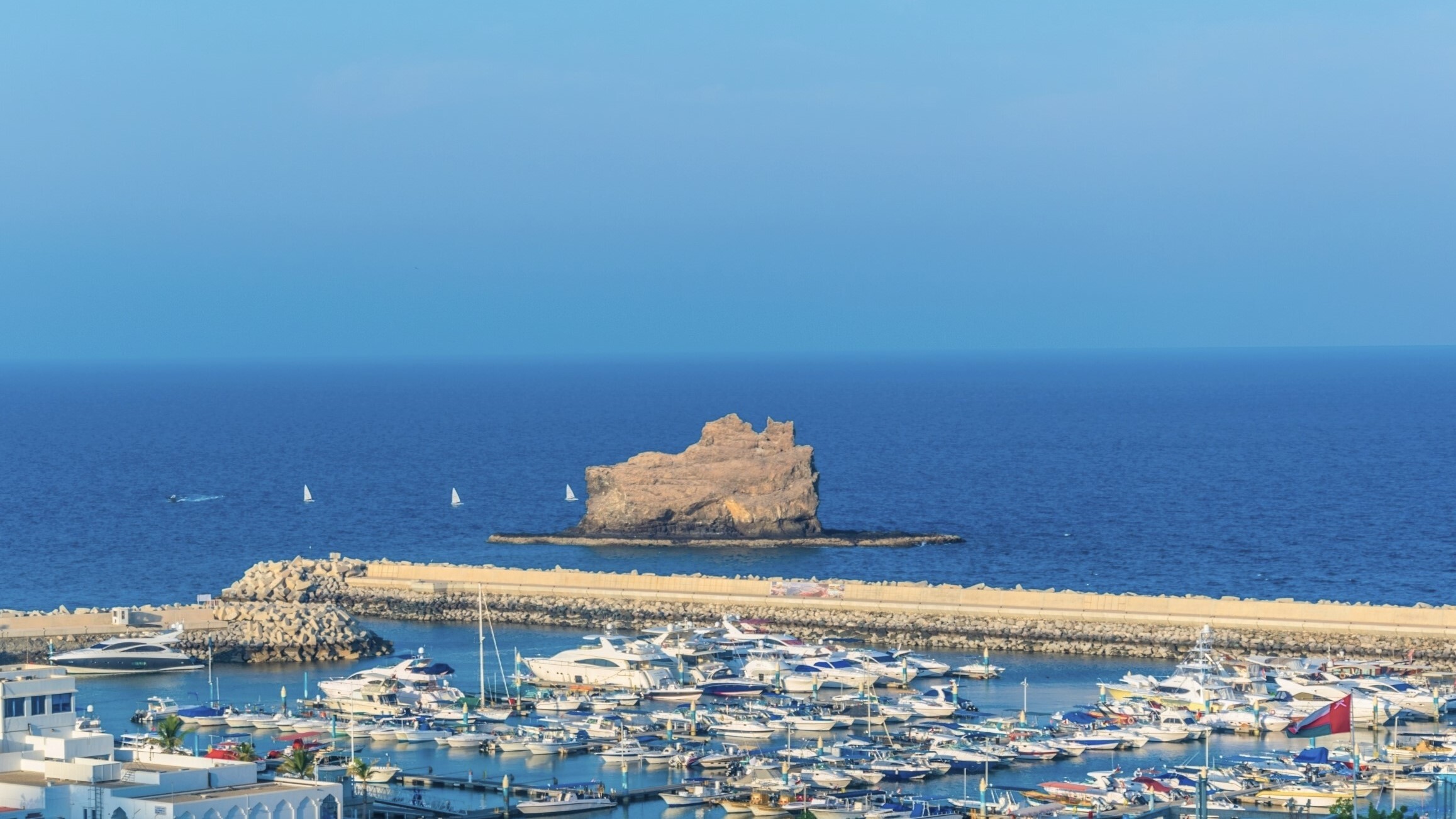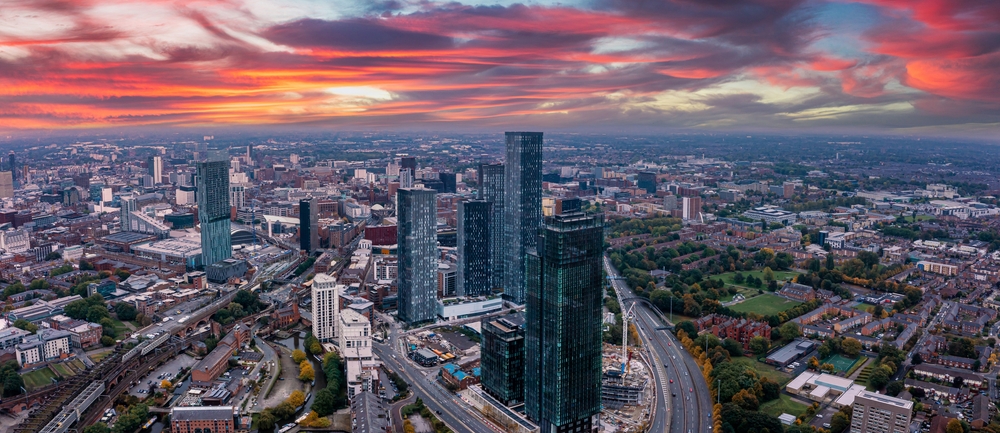Frustrated with an increasingly volatile stock market or just looking to escape to paradise, Silicon Valley executives have been splashing the cash on Hawaii real estate, spending millions on palatial spreads. Sales have been blazing across the state faster than a mountain top lava flow, igniting the property market, setting new records. Four islands in particular — the Big Island, Oahu, Maui and Kauai has seen the greatest volume of homes sold according to Hawaii Life Real Estate Brokers and first reported in Bloomberg.
The cash is rolling in like 30 footers during a pro surf competition. Over 55 homes sold for $5 million or more from the beginning of the year to end of July, tripling the previous year’s total. There were 23 sales in the $10 million and over market during the same period — double the year before. Jetting from the tech center to the tropical island is nothing new. In fact, it’s a well worn path.
Hawaii’s tech tycoons currently include Facebook Chief exec Mark Zuckerberg who bought a 700-acre estate on the sparsely populated Kauai reportedly for $100 million.
“You’re not seeing them buy penthouses in Honolulu -- they’re buying vast estates,” Winston Chesterfield, a director at research firm Wealth-X told Bloomberg. “It’s wild, it’s green, there’s ocean, there’s animals. There’s a very strong organic sense.”
Other Silicon Valley famous faces waking up to lush landscapes and aqua seas include Marc Benioff owner of the Salesforce clouding company and now Time Magazine, who purchased his Big Island compound in 2000 for the bargain basement price $12.5 million.
Oracle founder Larry Ellison (he purchased the entire island — or 98 percent of it — of Lanai from Dole Foods’ mogul David Murdock for a mighty $300 million in 2012). Mind you, when your net worth tops $49 billion and you are the 7th richest person in the world (according to Forbes), you can afford to spend a portion of it on an island to experiment with “environmentally sound ways to live.”
Only $20 or so billion behind Ellison is Michael Dell, owner of Dell Technologies whose net worth is $20.8 billion. He purchased the Four Seasons Resort Maui — just one of Silicon Valley’s elite who are investing in exclusive Hawaiian hotels as well as their own properties.
Paul Allen, the cofounder of Microsoft and talented part-time guitarist, like Ellison once owned an entire island. Now he merely owns a property on the Big Island, spending $7.5 million on a 10 acre farm in Kailua called the Thurston Estate. It consists of a 12,000 square-foot main house, along with living quarters for employees, a private harbor and bridge to a small island.
Controversial PayPal founder, early Facebook investor and Trump supporter, Peter Thiel purchased a 1.7 acre ocean front property in Maui for 2011 for a then record $27 million. The home is made up of 4 pavilions, wrapping around a courtyard and swimming pool.
Innovation is in these mavericks’ blood and for many, owning a spread in paradise isn’t enough. Many, as in the case or Larry Ellison, aim to do something constructive with the land.
“We’ve looked at agriculture, and it is one of the few industries that has not been transformed by modern technology,” he said at the Four Seasons Resort Lanai at Manele Bay last year. He plans to make the island a model that changes agriculture for the world by growing the freshest, most nutritional produce and profitably selling it for less than mass-produced imports. He has built a $15 million high-tech greenhouse with the aim to produce better food that costs less. “Lanai is step No. 1,” Ellison said. “We think we can transform agriculture.”
Pierre Omidyar, the founder of Ebay has purchased a farm in Kauau with the aim of importing almost 700 cows to start a dairy farm. His goal is decrease the island-state’s heavy reliance on imported milk, while using sustainable agriculture practices. His efforts have been met with opposition from sections of the tourism industry, worried about the smell from cow manure and flies on their resorts. Clearly, when profits are concerned, Hawaii’s wealthy feel it’s worth making a stink over.










